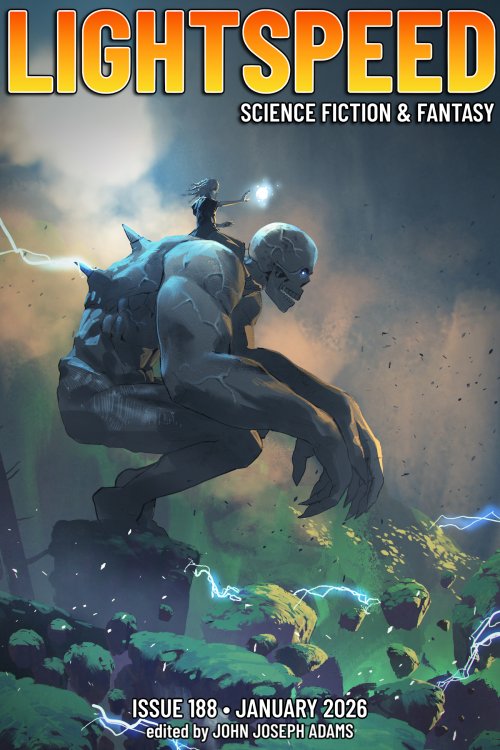How did this story come about?
I’ve always been interested in the idea of eternal recurrence and had been wanting to write something like this for a while. When I finally got around to it, I had also just watched a film called Timecrimes. I really admired how the element of time travel in that film (spoiler alert) rigorously limited the actions of the protagonist and made the audience contemplate things like cause and effect and free will. I wanted to write about some form of immortality that would raise similar questions.
What was the most interesting response to “Hello Again” when originally published?
I’m really surprised by how nice and enthusiastic everyone has been about “Hello Again.” It’s such a weird story without central characters or scenes or dialogue. When most people talk about fiction in the US, they’re referring to realism, which depends heavily on all three of those things. So I was expecting this piece to be a tough sell. But it originally appeared in a great literary magazine called Tin House and was then shortlisted in Best American Short Stories and Best American Science Fiction and Fantasy. It has also appeared in translation in one of Japan’s premiere literary magazines, Monkey, and on the Spanish speculative fiction site, Cuentos para Algernon.
I loved the way the arc of emotion and perspective about knowledge of the nature of the universe comes full circle, and how the final line brings it to such beautiful closure. Did you have the end in mind when you started this story?
It was such a complicated idea that I kind of had to tease it out a little bit at a time. When I finally got to the ending, I was pleased by the sense of vulnerable hopefulness that I managed to land on. But that was never anything that I was deliberately working toward.
I admired that the story worked so well without a defined protagonist, adding emotion and engagement through specific details of universal experience. Were you always going to write the story this way? Did you want to give up on the approach at any point?
It’s fun to get to jump around like that, moving from a father teaching his daughter how to ride a bike to the discovery of an Egyptologist revolutionizing an entire field of study. That kind of freedom is really fun, but it can also be a bit of a challenge. With a story like “Hello Again,” the only thing you have to pull you forward is an abstract line of thought. It’s tough to know when to include concrete details and what kind because the possibilities are endless. But in the end, this approach felt like the only way to tell this story, since it had to encompass so much in such little space.
Did you come to any new understandings of the universe while working out the structure of “Hello Again”?
I think, for me, the main takeaway of the story was that the transient nature of existence isn’t always a bad thing. People have been pointing out for as long as we’ve had the written word that death and decay are both total bummers. And I agree, they absolutely are. But I think that’s been well documented at this point and it might be valuable to spend more time considering ways in which a lack of permanence could actually be a good thing. One of the ideas being explored in “Hello Again” is that if life became permanent by repeating itself perfectly for an infinite amount of time, then on a personal level existence would become meaningless.
Do you believe in multiverses?
I’m fascinated by the idea, but for me, writing a story like this isn’t really about expressing my belief in any given theory as much as it’s about asking myself how that theory would change the way I feel about my life or existence in general. In this sense, current theories can be as instructive as ones that have long been debunked. The same is true when it comes to matters of faith. For me it’s never been interesting enough to make a hardline statement like, “There’s definitely an afterlife” or “There’s definitely not an afterlife.” I don’t see any reason to decide between those two options when a) there’s absolutely no way to know which of those two statements is true and b) both statements can be equally illuminating and cathartic if you consider them in earnest.
What else would like readers to know about “Hello Again”?
If they enjoyed this story, I would like to recommend the books Cosmicomics and t zero by Italo Calvino.
Any news or projects you want to tell us about?
I just finished my first novel, which I’m pretty excited about. With any luck it should be coming out in the not too distant future.
Enjoyed this article? Consider supporting us via one of the following methods:










